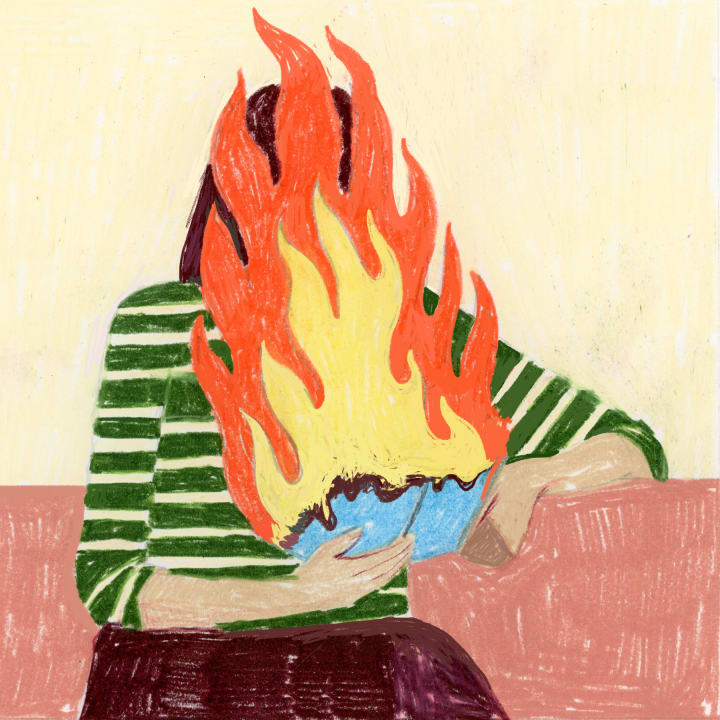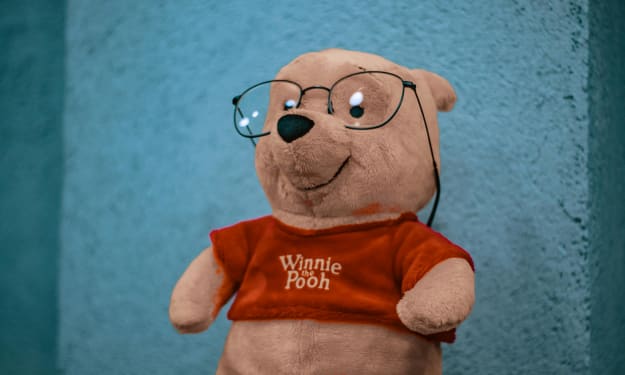The Enemies
The Enemies of Literature Are Winning


When passing by any bookstore or library in America this week, it is highly likely that you will come across a sign encouraging you to "Read a Banned Book."
However, one cannot help but wonder which specific book they are referring to. Is it a Roman Catholic missal, which was deemed illegal to print or possess during Elizabethan England? Or perhaps "The Protocols of the Elders of Zion," a book whose recent Italian publisher was sentenced to six months in prison and fined $2,000 in 2010? Maybe it is Ryan Anderson's critique of the transgender movement, "When Harry Became Sally," which is among the books prohibited from sale on Amazon, a platform that has historically held significant influence over the book trade, comparable to many censorship regimes throughout history.
Surprisingly, these are not the forbidden books that bookstores and libraries have in mind.
Since 1982, Americans have been subjected to the vague encouragement to read a "banned" book, thanks to the promotion of Banned Books Week by the American Library Association and other organizations. This annual celebration, if one can call it that, is a rather self-congratulatory display of liberal ideals by publishers and booksellers. This year, it will take place from October 1st to October 7th.
Banned Books Week is, or at least should be, subject to mockery. Its proponents attempt to portray themselves as brave and defiant by inviting people to read these supposedly daring books. However, in reality, they are merely reinforcing a consensus and attempting to solidify a particular viewpoint.
Please find below a revised version of the text:
Examine the compilation of the "most banned and challenged" books spanning from 2010 to 2019, as documented by the American Library Association. Among these titles, several are widely recognized classics in junior-high English, boasting millions of copies in circulation, such as "To Kill a Mockingbird," "Of Mice and Men," and "1984." Additionally, popular fantasy novels like "The Handmaid's Tale" and "The Hunger Games," which have been adapted into highly successful movies and TV shows, also feature prominently. The recently released list for 2022 predominantly comprises politically charged and sexually explicit coming-of-age narratives, often presented in comic-book format or tailored for young adults, many of which have achieved the esteemed status of New York Times best-sellers.
It is important to note that these books are far from being considered pariah texts. Since the inception of Banned Books Week, no local or state legislation has been enacted in the United States to prohibit the sale or possession of any of the aforementioned books. They have not faced the level of banning experienced by works such as "Mao's Great Famine" by historian Frank Dikötter, which are banned within mainland China.
When the American Library Association suggests that a book has been banned, it is referring to instances where the book, typically acquired using public funds by a library or educational institution, has been "challenged." This term, however, can be misleading, as it may encompass something as trivial as a single critical comment made by a patron or parent. If, following such a challenge, a book is removed from the library or its accessibility is restricted in any way, or even if it remains within the collection, it is then associated with Banned Books Week.
This definition of a ban can be considered absurd from any perspective. Regardless of whether administrators choose to acknowledge it, libraries have a responsibility to the communities they serve and rely on for funding, as well as the prevailing values of those communities. When groups advocating for "parents' rights" object to sexually explicit books being included in public or school libraries, they are essentially engaging in the same activity as those lobbying for the inclusion of recent classics like "Worm Loves Worm."

it is important to recognize that making space on library shelves requires sacrificing items of lesser value. Libraries are constrained by physical space limitations, as evidenced by their occasional discarding of older books without considering their literary merit. It is simply impossible for any public library to possess every book, or even a majority of the worthwhile ones. If the mere absence of a book in a particular library is equated to a ban, then virtually all of the hundreds of thousands of books published in America each year would be considered victims of a censorship regime.
Consider the omissions in the typical narrative of a successful anti-censorship campaign. A few years ago, the Lincoln Parish Library in Ruston, La., made the decision to remove several children's books, including those with L.G.B.T.Q. themes, from general circulation. These books were then made available to children only with parental permission. However, in 2020, the National Coalition Against Censorship launched a triumphant campaign that resulted in the books being returned to general circulation.
The coalition, with endorsements from various groups such as the American Library Association and the Unitarian Universalist Church, has stated that such removals from libraries not only violate the rights to freedom of expression and information for all community members, as protected under the First Amendment, but also put the well-being of the country's youth at risk.

while this statment is undoubtedly powerful, it raises questions about the absence of letters questioning the absence of books like "The Power and the Glory," "Don Quixote," and Anthony Trollope's novels in the library's online catalog. Additionally, the works of Martin Heidegger and Ludwig Wittgenstein, two highly influential philosophers of the 20th century, are also missing. In the realm of children's literature, where can one find E. Nesbit's classic "Five Children and It" or Charles and Mary Lamb's timeless "Tales From Shakespeare"? Furthermore, what about "Ulysses," which was the subject of a significant obscenity trial in the last century? Does its absence imply that the novel has effectively been "banned" once again?The perspective that regards any response to a literary work other than uncritical approval as a form of censorship is not only insincere but also detrimental to the essence of literature. If we refrain from expressing disapproval towards any book, what worth does our admiration hold? By relinquishing our capacity to pass moral judgments, we may become incapable of making aesthetic ones and utilizing our critical faculties, which are essential for both.
In a lyrical poem devoid of overt ideological content, such as Algernon Charles Swinburne's "Hendecasyllabics," there are certain lines that evoke such profound emotions within me that I would be willing to sacrifice my life for them. However, I must clarify that I do not claim any abstract political entitlement to these lines, nor can I provide a utilitarian defense of their value. In fact, I would struggle to appease a narrow-minded member of a school board who objected to a line like "In the month of the long decline of roses."
This is precisely why, instead of being subjected to literature campaigns akin to National Doughnut Day, it would be more beneficial for Americans to confront the question of why reading must necessarily possess an inherent public significance. Should the act of enjoying a novel or a biography be reduced to a mere performative gesture, comparable to displaying the Ukrainian flag or donning a MAGA cap? If this were the case, then the adversaries of literature have already emerged victorious.
About the Creator
ABDUL RASHID
Hi my name is Abdul Rashid a novelist. Seeking opportunities to continue exploring the world of fiction and connecting with a wider audience through my writing. People who show my story them satisfaction is my satisfaction.






Comments
There are no comments for this story
Be the first to respond and start the conversation.